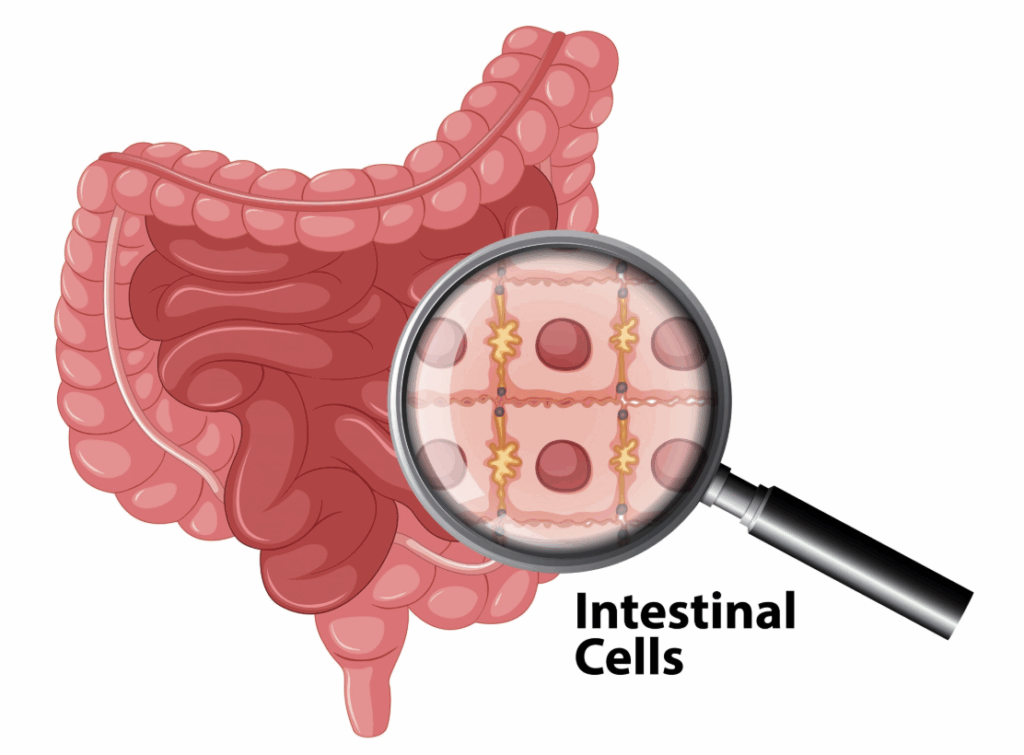
Inflammatory bowel disease (IBD) refers to a group of chronic conditions that cause inflammation in the digestive tract. The two primary forms are Crohn’s disease and ulcerative colitis. While they share some symptoms, they are distinct conditions, with different patterns of inflammation, treatment approaches, and long-term management strategies.
IBD is not the same as irritable bowel syndrome (IBS), which does not cause inflammation or damage to the digestive tract. Instead, IBD involves an abnormal immune response that targets the gastrointestinal (GI) system, often leading to significant symptoms and potential complications if left untreated.
Understanding the differences between the types of inflammatory bowel disease can help patients seek the right care and take an active role in managing their health.
What Is Inflammatory Bowel Disease?
Inflammatory bowel disease is believed to result from a combination of genetic, immune, and environmental factors. In people with IBD, the immune system mistakenly attacks healthy tissue in the GI tract, leading to persistent inflammation.
IBD can affect people of any age but is often diagnosed between the ages of 15 and 35. It tends to follow a pattern of flare-ups and remission.
Crohn’s Disease
Crohn’s disease can affect any part of the digestive tract, from the mouth to the anus, though it most often impacts the end of the small intestine (the ileum) and the beginning of the colon. One defining feature of Crohn’s disease is that inflammation can occur in patches and may penetrate multiple layers of the bowel wall.
Common symptoms include:
- Abdominal pain or cramping
- Chronic diarrhea
- Fatigue
- Unintended weight loss
- Reduced appetite
- Fever
Crohn’s disease may also lead to complications such as intestinal strictures, fistulas (abnormal connections between organs), or malnutrition.
Ulcerative Colitis
Ulcerative colitis affects only the colon and rectum, and the inflammation is generally continuous (not patchy), affecting only the innermost lining of the colon.
Common symptoms include:
- Bloody diarrhea
- Abdominal discomfort
- Urgency to have a bowel movement
- Fatigue
- Weight loss
- Rectal pain
The severity can range from mild inflammation in one part of the colon to widespread involvement. Some patients may experience complications such as anemia or inflammation in other parts of the body, including the skin, eyes, or joints.
How IBD Is Diagnosed
A diagnosis of inflammatory bowel disease typically involves:
- Blood tests to check for signs of inflammation or anemia
- Stool tests to rule out infection
- Colonoscopy or sigmoidoscopy to visually inspect the bowel and obtain tissue biopsies
- Imaging studies, such as CT or MRI enterography, to assess disease location and severity
Accurate diagnosis is important not only to distinguish between Crohn’s disease and ulcerative colitis but also to determine the best treatment plan.
Treatment Options

There is currently no cure for IBD, but effective treatments are available to manage symptoms and reduce inflammation.
Treatment options may include:
- Anti-inflammatory drugs
- Corticosteroids
- Immunosuppressants
- Biologic therapies that target specific components of the immune response
- Nutritional support, especially for cases of Crohn’s disease, where nutrient absorption may be affected
- Surgery
The choice of treatment depends on the type of IBD, disease location and severity, and patient response to medication.
Coordinated Care for Chronic GI Conditions
The physicians at Houston Physicians Hospital provide evaluation and treatment for patients with inflammatory bowel disease, including Crohn’s disease and ulcerative colitis.
On the Gastroenterology page, you can scroll down and find a physician who’s right for you. Then click their link to visit their website and make an appointment.
Early diagnosis and tailored treatment can help manage flare-ups, reduce complications, and support a better quality of life for patients living with IBD.

